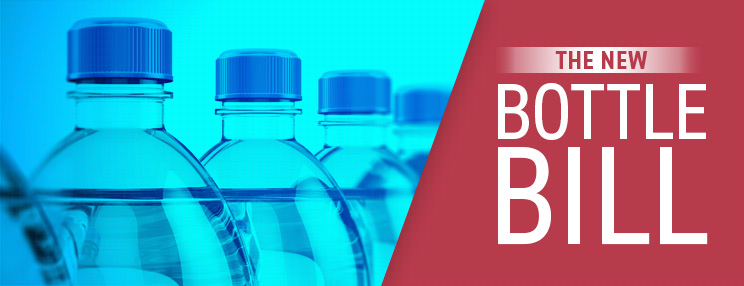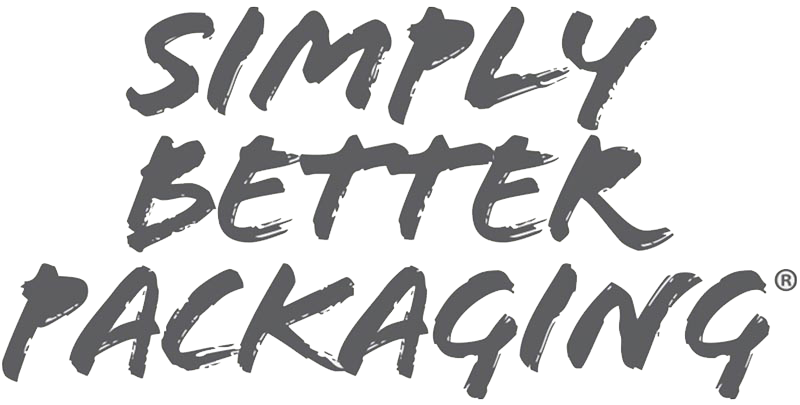America’s Bottle Bill

Why is the bottle bill important?
By Catherine Haub
As we know, recycling in America isn’t pretty; many flaws within the system lead to the country having extremely low recycling rates. This is an indicator that something needs to change, but there hasn’t been action to do so. The US is currently last when it comes to recycling in developed countries, making it even more clear that action needs to take place [1]. In the past, there has been legislation passed to increase recycling and reusability called bottle bills. These bills also called “container deposit laws”, sets a minimum refundable deposit on beverage containers to increase recyclability and reusability [2]. Other countries have used bottle bills before and have been able to increase their recycling rates, such as Germany, where 54% of their bottles are refillable, and the Philippines, where 59% of the bottles are refillable, just to name a few examples [3].
Bottles deposit systems had been in place in the past, where before World War II many beverage companies used glass bottles that were able to be returned and reused [3]. Post World War II, though, things began to change as beverages went from reusable bottles to single-use aluminum cans and plastic containers, and eventually, the deposit on these containers was eliminated [3]. The removal of these deposits led to an increase in the amount of litter in the environment from these different bottle and packaging types, which was the motivation to create bottle bills [2]

So how does a deposit-return scheme work? When a retailer buys beverages from the distributor, the retailer pays a deposit which then gets charged to the consumer when they purchase the item [2]. To get a return on the deposit, the consumer returns the bottle to the distributor or a redemption center, they get a return on the deposit, and the retailer also gets a return on their deposit from the distributor [2]. Once the bottles are returned, they’re cleaned very thoroughly before they are reused again, or in some cases, the bottles are recycled and made into new bottles [2]. This prevents bottles from ending up as litter and there is less impact on the environment when compared to making new bottles [3]. To put it into perspective, utilizing reusable PET bottles can save up to 40% on raw materials and reduce greenhouse gas emissions by 50% when compared to using single-use PET [3], clearly showing the impact these schemes have.
There is more push now to create a nationwide bottle bill to help improve the American recycling system that is supported by many Americans [1]. Not only are there environmental benefits to this system, but there are also economic benefits with many new jobs added, saving 25 billion dollars yearly [1]. With this bottle bill in place, the need for more recycling centers would increase, and luckily here at Placon we have our in-house recycling facility, and our PET packaging is widely recyclable which would work with the bottle bill.
[1] America’s Bottle Bill | Home (americasbottlebill.com)
ABOUT PLACON
For 55 years, Placon has been a leading designer and manufacturer of custom and stock plastic packaging for the food, medical, and retail markets. Placon has manufacturing operations in Madison, WI; Elkhart, IN; Plymouth, MN; and West Springfield, MA, and currently ranked in Plastics News 2020 Thermoformers Ranking Top 20. Placon delivers packaging breakthroughs that inspire better engagement between people and products with industry leading innovation and award-winning packaging designs. For more information, visit www.placon.com.




